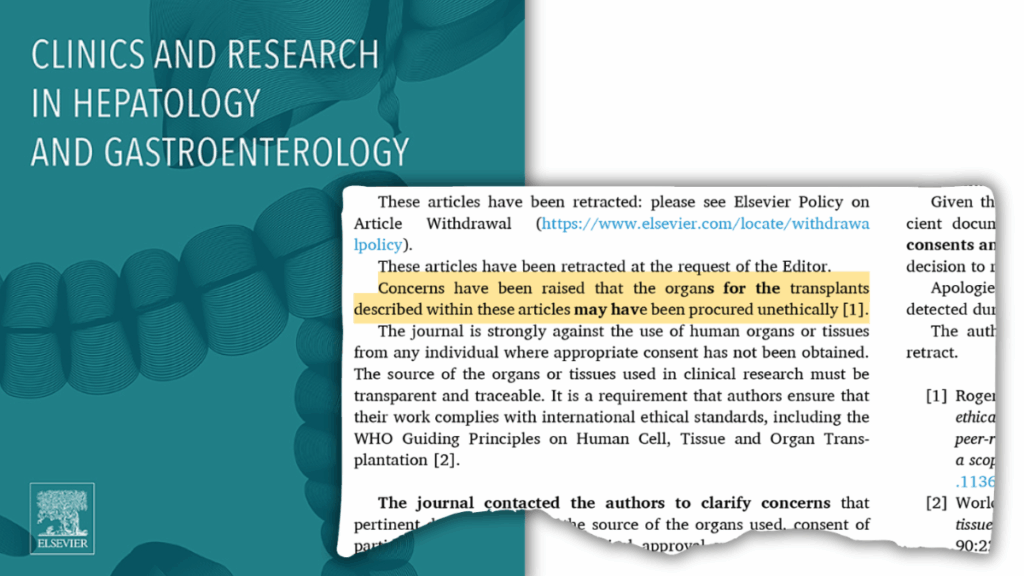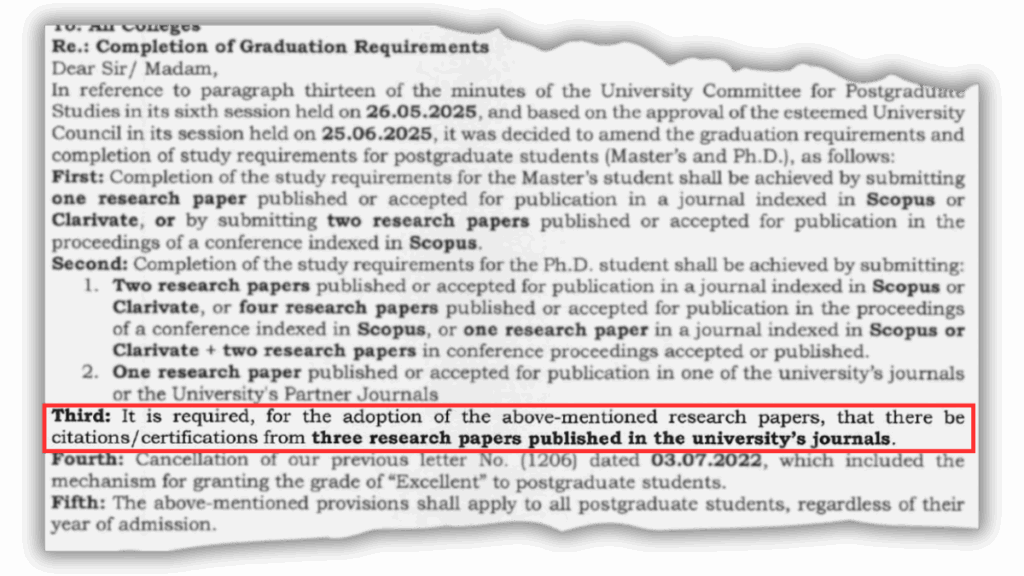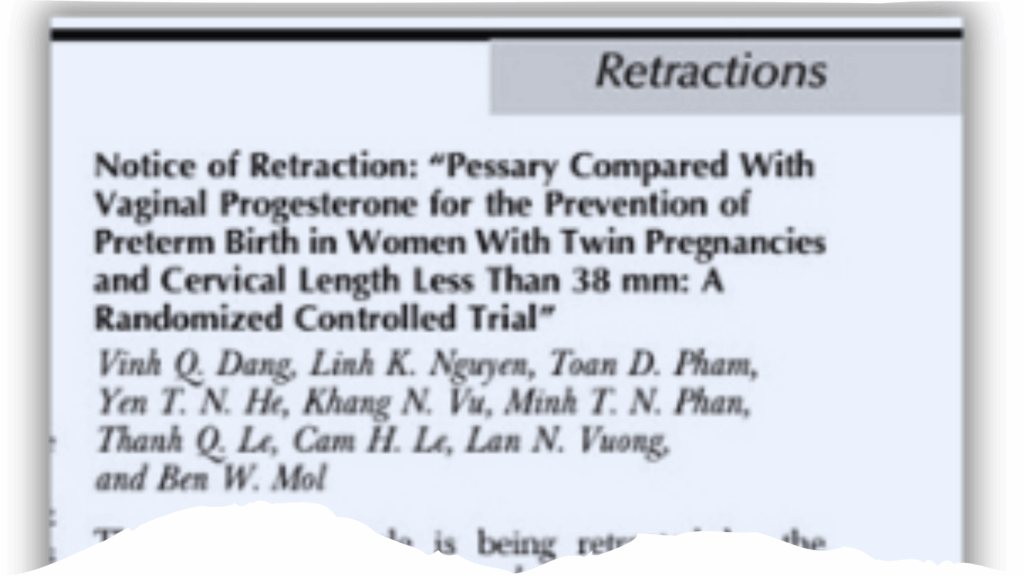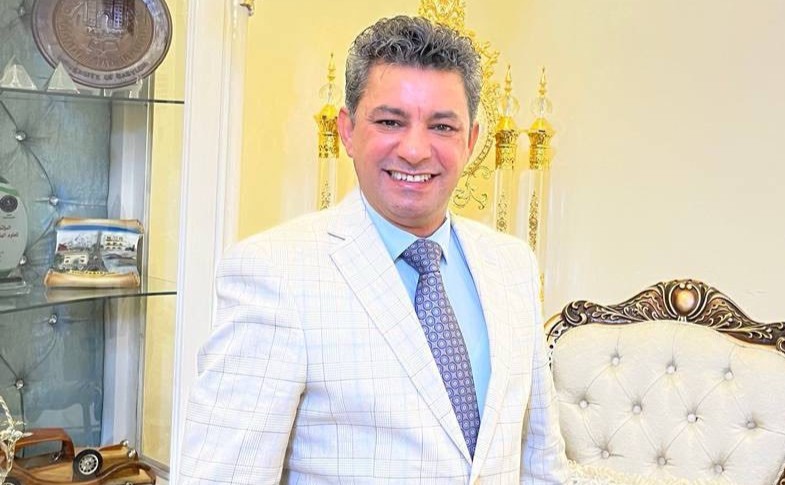
Six years after researchers called for the retraction of more than 400 papers about organ transplantation amid suspicion the organs used in the studies came from executed Chinese prisoners, journals are still working to clear the record.
Although more than 40 papers were retracted or otherwise flagged shortly after the 2019 study was published, by our count, only 44 of the 445 papers have been retracted to date. At least 17 of the articles marked with expressions of concern in 2019-2020 remain as such.
The analysis, published in BMJ Open, found more than 400 studies of organ transplants in China that didn’t report whether the sources gave their consent for donation, nor assurances the organs involved did not come from executed prisoners. As reported by The Guardian in 2019, the study exposed “a mass failure of English language medical journals to comply with international ethical standards in place to ensure organ donors provide consent for transplantation.” Thirteen retractions this year directly cite the Rogers paper.
Continue reading Despite new retractions, suspect organ transplant papers remain in the literature






